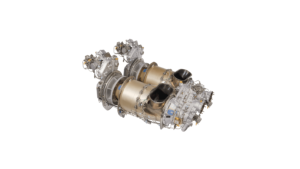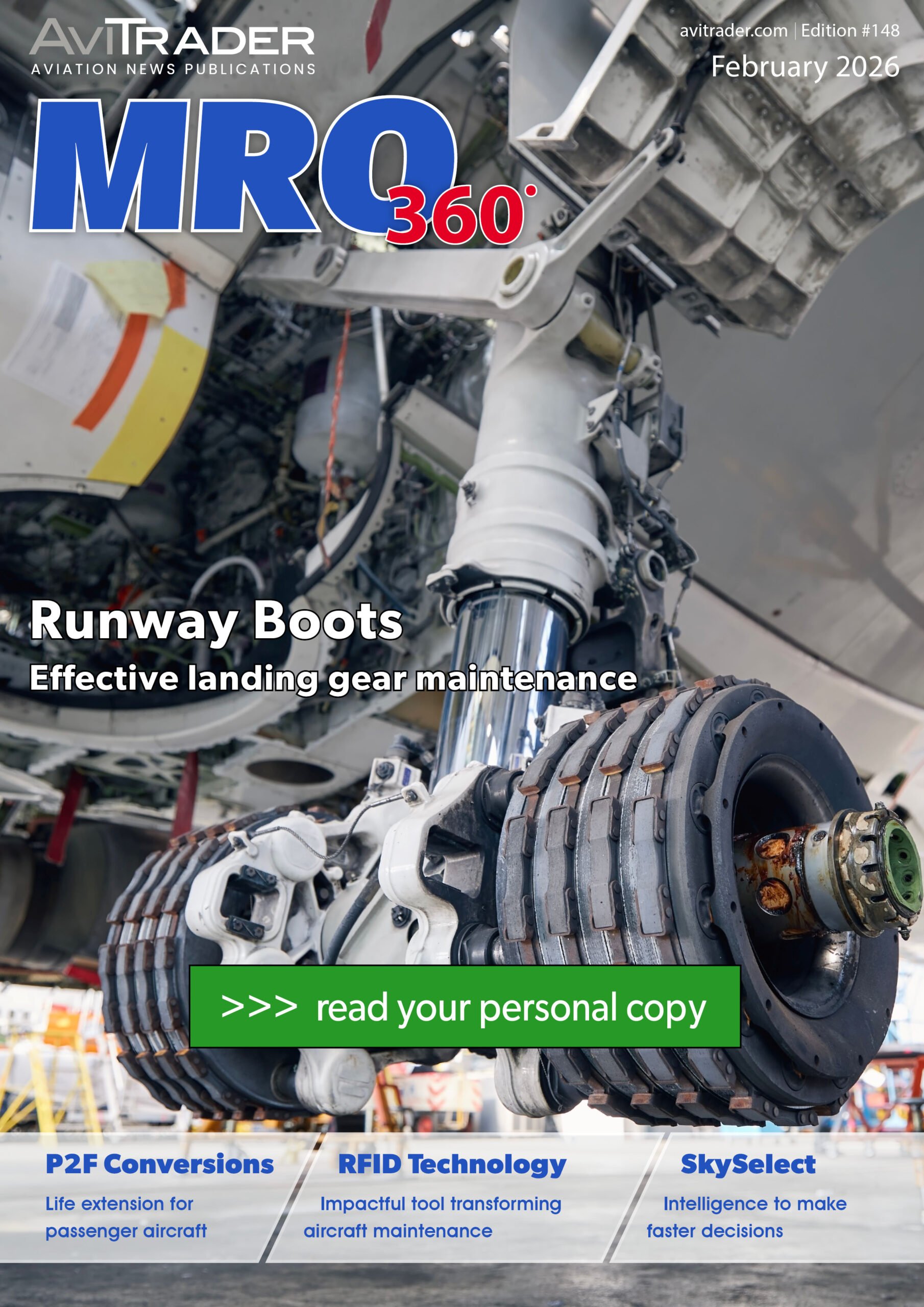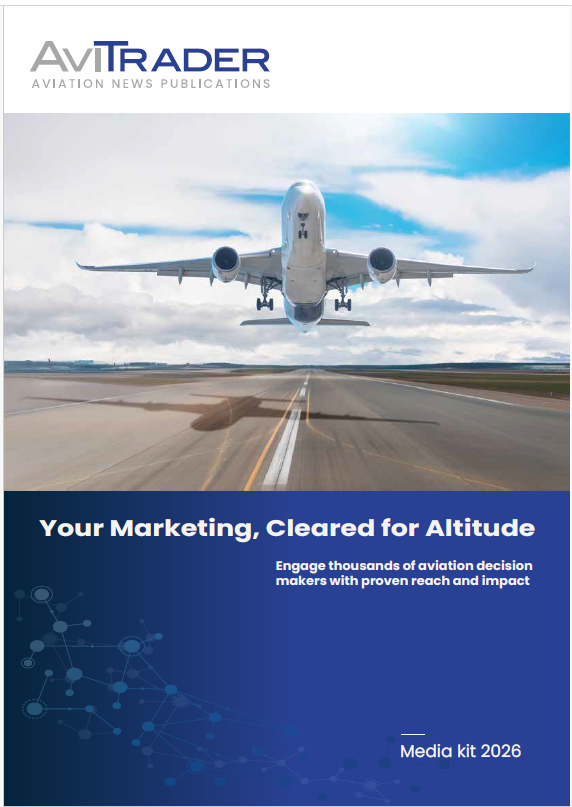One of the problems with artificial intelligence (AI) is that only those involved in the creation of AI systems fully understand how everything works, and the end user is left to place an immense amount if trust in what they have been presented with. Another problem with AI is the quality of the data it is trained on – poor data equals poor results. However that is just scratching the surface, as the efficiency with which AI can deal with substantial volumes of data is a massive seduction, both in terms of organisation and also analysis. Many businesses and organisations today, even governments, rely in AI-based systems that are capable of managing vast datasets. However, there still remains the burning question: can you trust AI data management?
This question has no straightforward yes or no answer as we are not just talking about pure facts and figures. It is important to acknowledge that there are also ethical, legal and philosophical aspects. This is primarily because trust in AI data management encompasses a range of issues, including accuracy, bias, transparency, security, and accountability. In trying to establish whether or not AI can be trusted with data, you have to examine not only the capabilities of the technology but also the integrity of the systems that create, train, and oversee it.
Understanding AI Data Management
One of the main attractions of AI is the ability to take data and identify patterns and anomalies, make predictions, and provide real-time insights at a scale and speed beyond human capacity. It is able to do this through optimising the processes involved in data handling, including data collection, cleaning, categorisation, storage, governance, analysis, and even disposal. There are several other critical advantages of AI, and those include a reduction in human error, the processing of large volumes of data efficiently, and the use of predictive analytics to support decision making.
This works well in such industry sectors as healthcare, e-commerce, finance and logistics, but does the key driver for its uptake – efficiency – merit AI being trusted implicitly? Perhaps more is needed.
Without reliability, there can be no trust
For AI to be trusted in data management, it has to operate consistently and accurately, which is wholly dependent on the quality of the data used to train it, the algorithms underpinning it, and the oversight mechanisms in place. Poor-quality or biased training data can lead to skewed results, with potentially serious consequences. In addition, AI systems can produce what are known as “hallucinations”—outputs that appear coherent but are factually incorrect. In a data management context, such errors can lead to false reporting, flawed analysis, and poor decision making.
Lack of transparency
One of the biggest problems when it comes to trusting a new system is overcoming a lack of much-needed transparency. One of the criticisms frequently levelled at AI data management is the “black box” nature of many models, particularly deep learning systems. What this means is that decisions reached through the use of AI leave us wondering on what basis those decisions were made. For example, if you take the fields of healthcare and criminal justice, decisions made ideally need to be explained and justified.
To overcome this problem, Explainable AI (XAI) has been introduced to develop models that can offer insight into their decision-making processes. However, while some progress is being made, true explainability remains a challenge, especially in more complex systems. To put it more simply, for users of AI to trust in what it is achieving, we need to have a better understanding of why it is doing what it does.
Data security and privacy
Data security is the cornerstone of so many businesses today. Consequently, many now have a CISO (Chief Information Security Officer) as part of the ‘main team’, whereas in years gone by, those in charge of digitisation and cyber security were almost seen as a totally separate arm to ‘the business’. Their role, and the aim of any company with a need to keep data secure is to ensure it is adequately shielded from malicious breaches, abuse/misuse, and unauthorised access.
AI is now being explored as an additional tool to enhance cyber security through its ability to detect anomalies, prevent fraud and create an automatic response to any threats. However, AI also has the potential to become a ‘Trojan horse’ in that many AI-related systems have a particular vulnerability to malicious attacks, data poisoning, and model inversion, where attackers try to reconstruct training data. In addition, the use of AI in data management must align with privacy regulations such as the General Data Protection Regulation (GDPR). Questions also arise around data consent, retention, and the right to be forgotten, especially when AI models are trained on personal data.
Governance, Accountability and the Human Error Factor
It seems that no matter how ‘foolproof’ we make any system, at the end of the day it is only as good as the people overseeing and operating it. When an AI-related system is responsible for a mistake, who is ultimately responsible? The developer, the data scientist, the organisation deploying it? Without clear governance frameworks, it becomes difficult to assign blame, or of greater importance, rectify any errors. Consequently, trustworthy AI data management requires very robust oversight, regulatory compliance, and ethical standards. Initiatives like the EU’s AI Act and the UK’s AI white paper aim to provide guidance, but despite this guidance, implementation and enforcement remain continual challenges.
One also has to look the principles of the ethical use of AI. Here we are talking about fairness, transparency, and human-centred design, all of which must be embedded into systems from the very outset. This includes diverse data teams, inclusive datasets, and rigorous impact assessments.
‘Human in the Loop’ Systems
Currently AI cannot operate without human oversight, despite its level of sophistication, and human judgement and input are still required. This results in what can best be described as a ‘hybrid scenario’, or ‘human-in-the-loop’ system, where humans oversee, validate, or intervene in AI decisions, offering a hybrid approach that combines the strengths of AI with human intuition and ethical reasoning. For the time being, and putting the potential for human error aside, through maintaining a role where humans oversee the use of AI, this helps avoid situations where there is an over-dependence on automation.
In conclusion…
Can one trust AI data management? The simple, and therefore perhaps inconclusive answer, is yes, but only conditionally. AI offers enormous potential to transform data management through speed, scalability, and precision, but this potential must be harnessed responsibly. Trust in AI is not automatic— like trust in humans, it must be earned and maintained through transparency, accountability, and ethical practices.
We also have to look at the human element that still oversees the use of AI data management. Thus, with the right frameworks, oversight, and values in place, AI can indeed be a trustworthy steward of data, but be cautious, as without them, the risks may outweigh the rewards.































